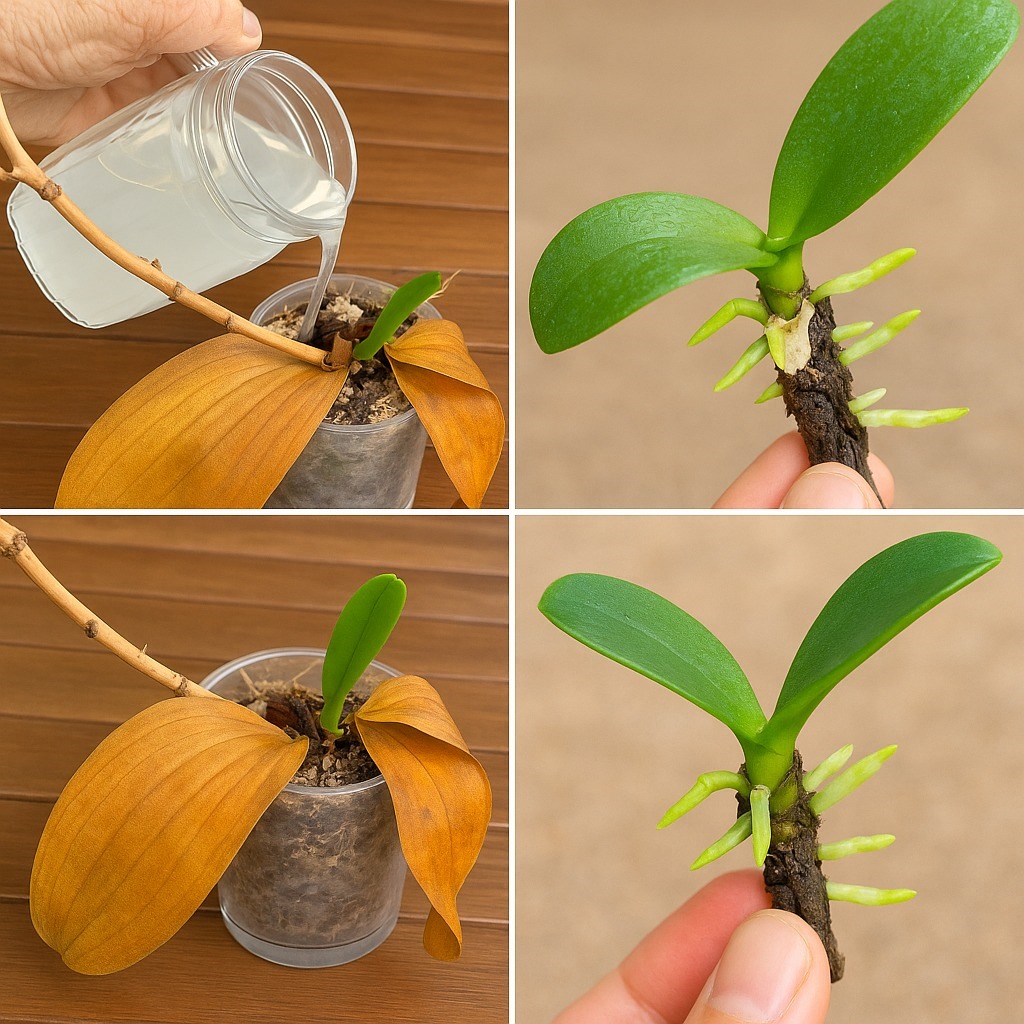## My Breakthrough: The Bloom Trigger Techniques
Once I got the basics right, I focused on encouraging my orchids to bloom. Here are the techniques that made all the difference:
### 1. Temperature Drop at Night
Orchids respond to a slight drop in temperature at night to initiate blooming. I made sure the room temperature dropped by about 10°F (6°C) at night compared to daytime. This mimicry of their natural environment was critical.
### 2. Fertilizing Properly
Feeding orchids with a balanced, water-soluble fertilizer specially designed for orchids made them stronger and more likely to produce blooms. I fed mine every two weeks during the growing season but reduced feeding during the dormant period.
### 3. Repotting When Needed
Orchids don’t like crowded roots. I repotted mine every two years in fresh orchid bark mix to ensure healthy root growth, which supports flowering.
### 4. Patience and Observation
Orchids can be slow to bloom, so patience is vital. Watching for signs of new buds and adjusting care accordingly helped me understand their rhythms.
## The Results
After applying these techniques consistently, my orchids started producing more flower spikes than ever before. Their blooms lasted longer and looked more vibrant. It was incredibly rewarding to see such transformation.
## Final Thoughts
If you’re struggling to get your orchids to bloom, don’t give up! With a little knowledge, the right conditions, and some patience, you can enjoy breathtaking blooms that make your orchid collection the envy of everyone.
Give these tips a try and watch your orchids flourish like never before!
—
Would you like me to customize it further or make it more casual or professional?
ADVERTISEMENT

